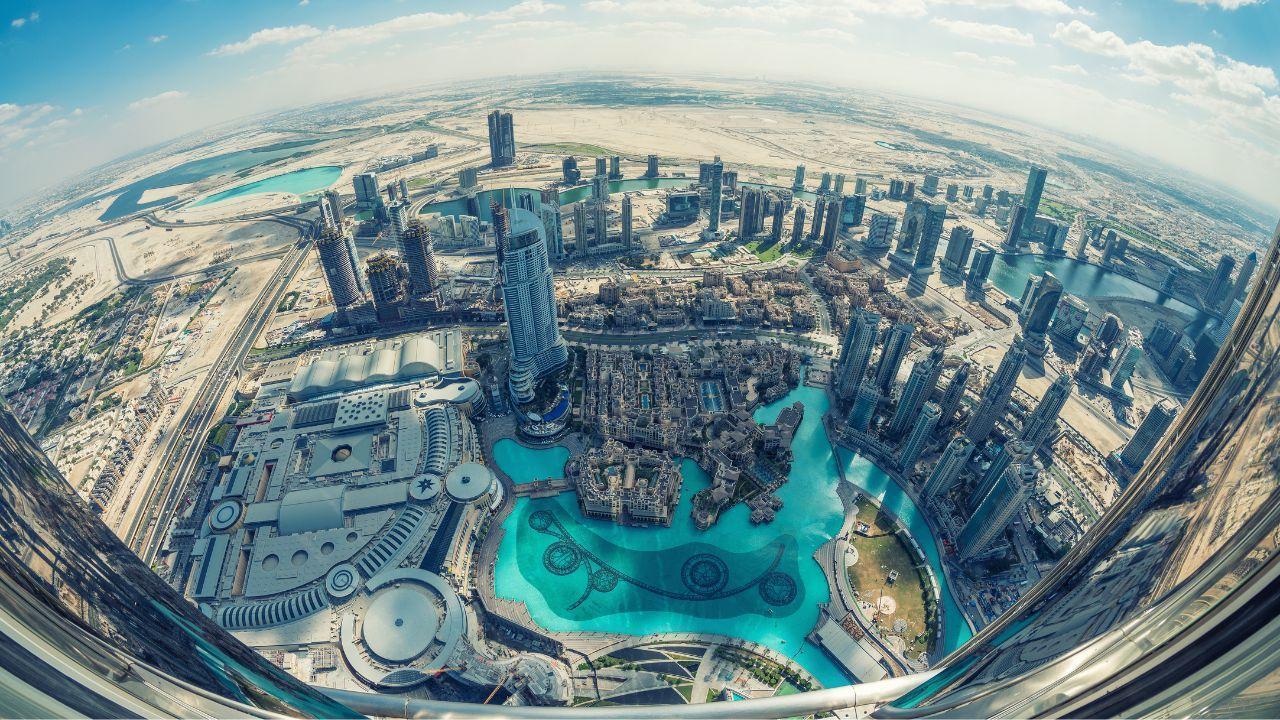
Post by : Zayd Kamal
The United Arab Emirates (UAE) stands today as one of the most influential nations in the Middle East, known for its skyscrapers, booming economy, and cultural blend of modernity and tradition. However, the UAE's rise to global prominence was not an overnight success. It was the vision, determination, and leadership of The Founding Fathers of the UAE: Building the Nation that paved the way for this remarkable transformation.
In this article, we explore the lives, contributions, and legacies of the leaders who shaped the UAE into what it is today, and how their collective efforts created a country that balances innovation and heritage.
The UAE's journey to nationhood began with the unity of seven emirates that had been largely independent entities for centuries. The dream of a unified country was first brought to life in 1971 when the leaders of the emirates came together to form the United Arab Emirates.
The two most influential figures in this process were Sheikh Zayed bin Sultan Al Nahyan, the founder and first president of the UAE, and Sheikh Rashid bin Saeed Al Maktoum, the ruler of Dubai. Their leadership and shared vision were pivotal in establishing a strong and unified state.
Sheikh Zayed bin Sultan Al Nahyan, often referred to as the “Father of the Nation,” played an essential role in uniting the emirates. Born in 1918, Sheikh Zayed became the ruler of Abu Dhabi in 1966 and quickly set about modernizing the emirate. His commitment to fostering unity among the seven emirates laid the groundwork for the creation of the UAE in 1971. Under his leadership, the country was able to transition from a collection of small, independent tribal states into a modern, thriving nation.
Sheikh Rashid bin Saeed Al Maktoum, the ruler of Dubai, was equally influential in the formation of the UAE. His foresight and leadership helped secure Dubai's role as the commercial and financial hub of the nation. Together with Sheikh Zayed, Sheikh Rashid played a key role in creating the union, ensuring that the country would thrive politically, economically, and socially.
Once the country was united, the next challenge for The Founding Fathers of the UAE: Building the Nation was to lay the foundations for a modern, prosperous society. The UAE’s leaders focused on three key areas: infrastructure development, education, and healthcare.
In terms of infrastructure, the founding fathers envisioned a country that would rival the best in the world. Sheikh Zayed made significant investments in roads, schools, hospitals, and other critical public infrastructure, ensuring that the new UAE would be equipped to meet the needs of its growing population. Under their guidance, the UAE quickly built a modern infrastructure that made it possible to attract foreign investment and global business.
The UAE’s founding fathers were also passionate about education and healthcare. They understood that a strong nation needed an educated, healthy population. Sheikh Zayed established numerous schools and universities throughout the country, while also improving access to healthcare with the construction of hospitals and clinics. These investments in human capital were crucial in establishing a solid foundation for future growth.
The discovery of oil in the UAE in the late 1950s became a game-changer for the young nation. With oil revenues flowing in, the UAE’s founding leaders were able to accelerate the development of infrastructure and public services.
Sheikh Zayed, in particular, made the decision to invest oil wealth in projects that would benefit the entire population, not just the wealthy elite. He directed funds toward building schools, hospitals, and housing, ensuring that all Emiratis would have access to the benefits of the country’s newfound wealth.
While Sheikh Zayed’s leadership was instrumental in ensuring the oil wealth was used wisely, it was Sheikh Rashid’s focus on diversifying the economy that helped set the UAE on a path to long-term prosperity. Under his guidance, Dubai’s economy became less reliant on oil and more focused on sectors such as trade, real estate, and tourism.
The contributions of The Founding Fathers of the UAE: Building the Nation are still felt today. Under the leadership of Sheikh Zayed and Sheikh Rashid, the UAE was able to establish a strong sense of national identity, based on unity, progress, and inclusivity. The country’s leaders created a nation where people from different cultures, backgrounds, and religions could live together in harmony and contribute to a shared vision of prosperity.
Perhaps one of the most enduring legacies of the founding fathers is the UAE's commitment to peace and diplomacy on the global stage. Both Sheikh Zayed and Sheikh Rashid understood that a prosperous future for the UAE could only be achieved through cooperation with other nations. This focus on diplomacy continues to shape the UAE’s foreign policy to this day.
Another legacy of the founding fathers is the commitment to empowering women. Sheikh Zayed’s progressive policies opened up opportunities for women in education, healthcare, and the workplace, making the UAE one of the most gender-inclusive nations in the Middle East.
This article explores the crucial role The Founding Fathers of the UAE: Building the Nation played in shaping the modern United Arab Emirates. It highlights the leadership of Sheikh Zayed bin Sultan Al Nahyan and Sheikh Rashid bin Saeed Al Maktoum in uniting the seven emirates and establishing a prosperous nation. Their visionary approach to infrastructure, education, and healthcare, along with wise investments from the country’s newfound oil wealth, laid the foundation for the UAE’s success. The legacy of these leaders continues to shape the country today, influencing its commitment to peace, diplomacy, and gender inclusivity.
This article is provided by DXB News Network for informational purposes only. While the content presents historical information based on available data, readers should consider consulting other sources to gain a deeper understanding of the UAE's history and development. DXB News Network does not assume responsibility for any decisions made based on the information provided.

Abu Dhabi Launches New MS Care Guideline
Department of Health – Abu Dhabi issues new MS guideline with NMSS to improve early diagnosis, treat
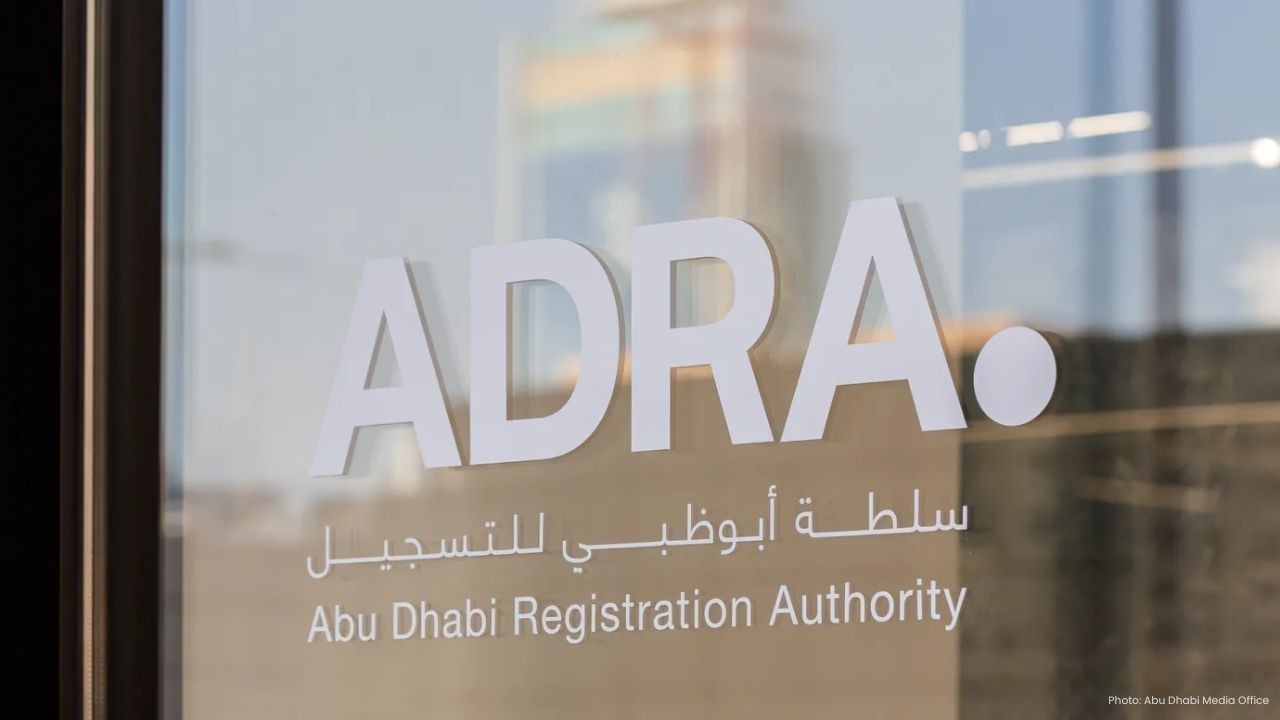
Abu Dhabi Sees 29% Rise in New Business Licences
Abu Dhabi reports 29% growth in new economic licences in 2025, with strong gains across sectors, reg
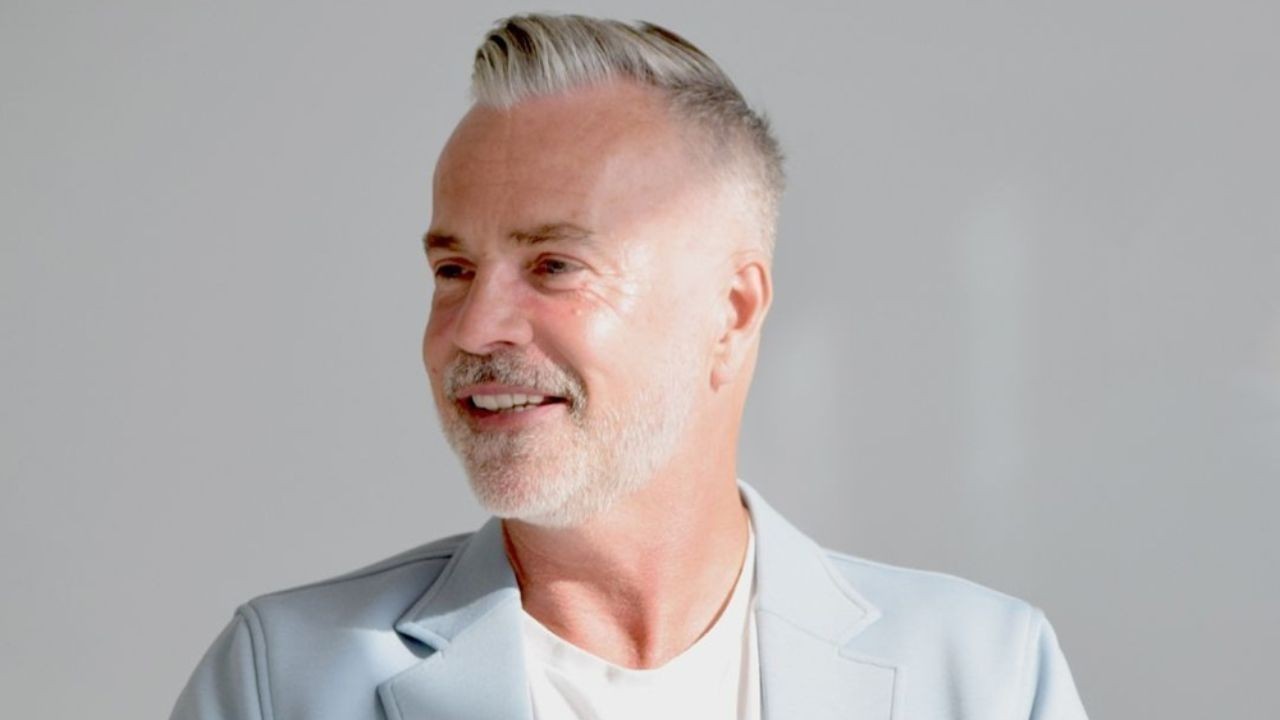
Capital Wealth Summit 2026 to Address Wealth Shift
Dubai’s Capital Wealth Summit 2026 will convene global advisors to examine intergenerational wealth
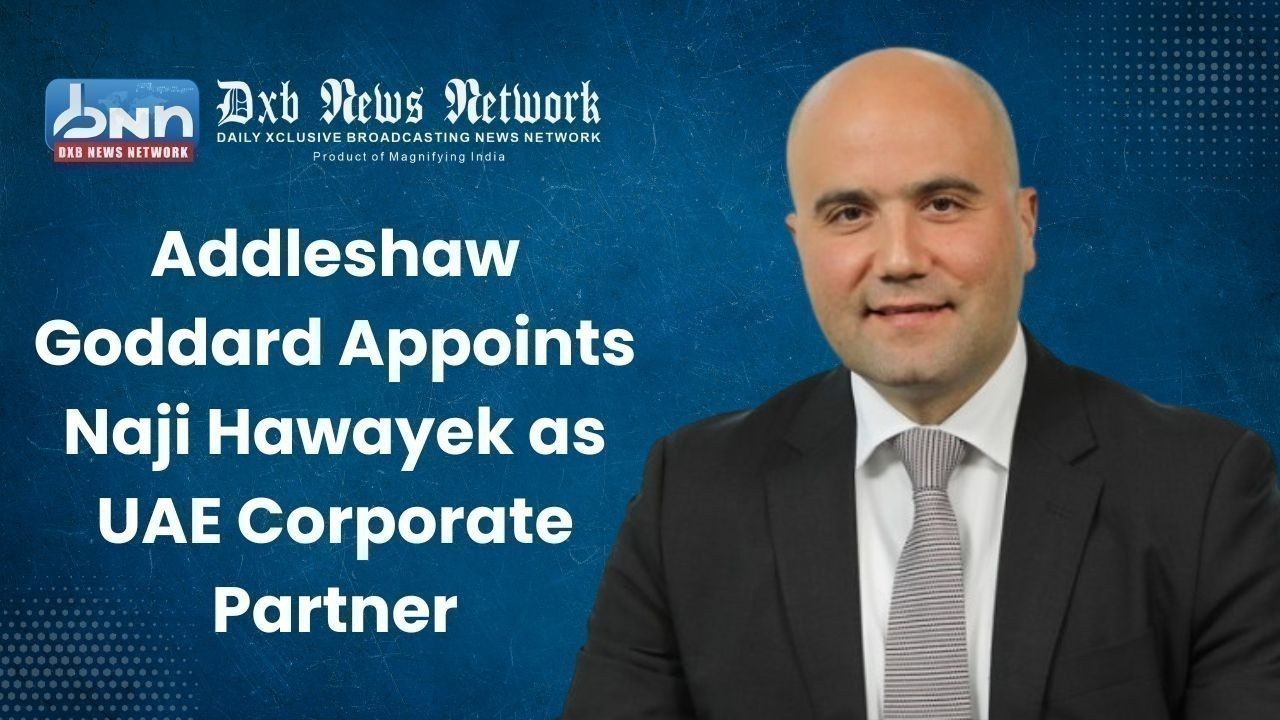
Addleshaw Goddard Appoints Naji Hawayek as UAE Corporate Partner
Addleshaw Goddard appoints Naji Hawayek as UAE Partner, boosting its Middle East corporate and M&A p

BenQ Expands MA Series with 5K and 4K Nano Gloss Monitors for Mac Users
BenQ expands its MA Series with 5K and 4K Nano Gloss monitors tailored for Mac users, offering colou
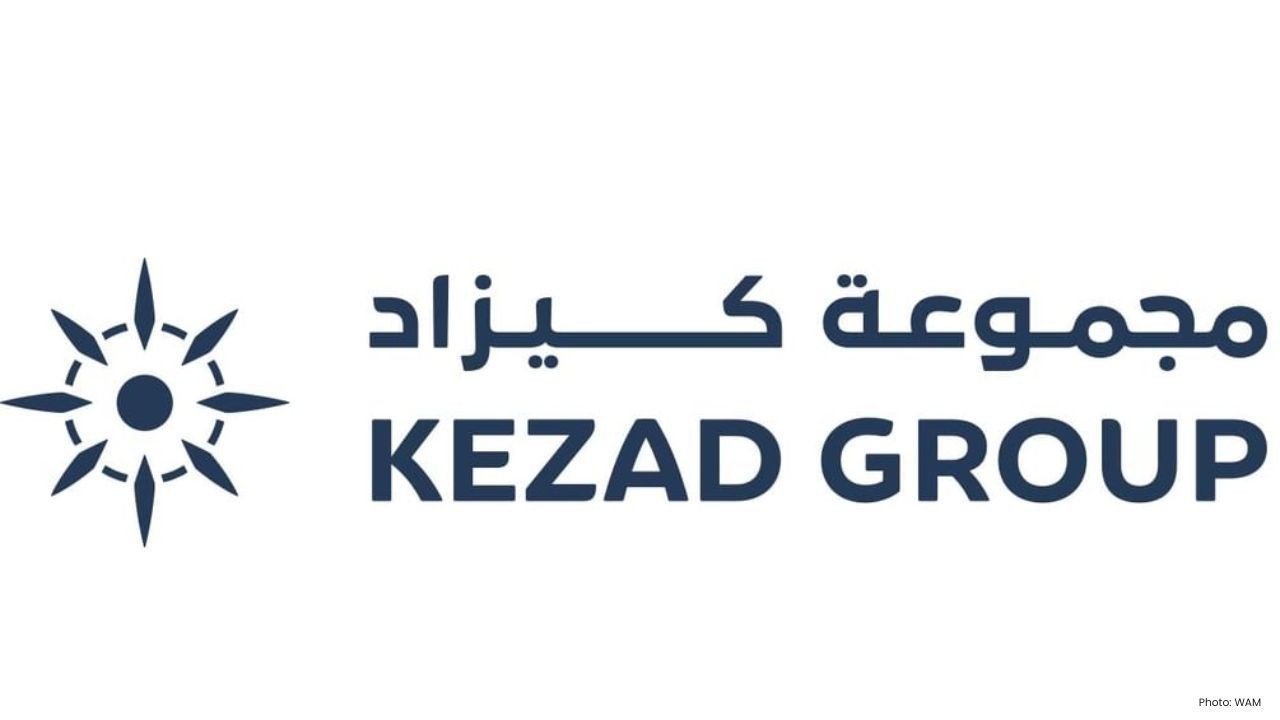
KEZAD to Host GCC’s First Baby Food Mega Plant
KEZAD and Barakat Group begin building GCC’s first industrial baby food plant with AED150m investmen

Wall Street Closes Higher on Tech Rally; Gold Retreats
US stocks surged on strong tech gains, while gold prices fell from a three-week high amid a stronger

Bank of Baroda Faces Abu Dhabi Legal Battle over NMC Collapse
Bank of Baroda’s involvement in Abu Dhabi litigation tied to the NMC Healthcare collapse raises repu
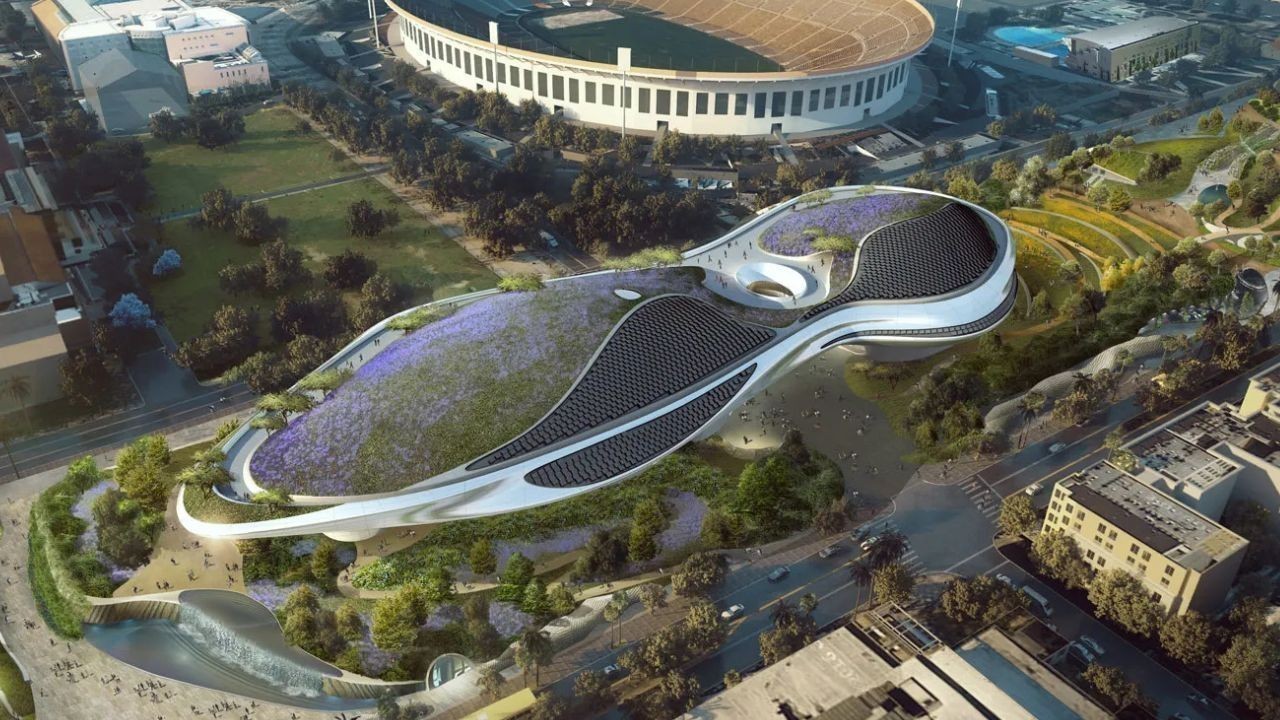
Top Museum Openings of 2026 Set to Transform Global Tourism
From Los Angeles to Abu Dhabi and Brussels, 2026 brings major museum launches—Lucas Museum, Guggenhe

UAE Tour Highlights UAE’s Strength in Hosting Global Sports Events
Abu Dhabi Sports Council says the successful UAE Tour reflects the UAE’s leading role in hosting maj
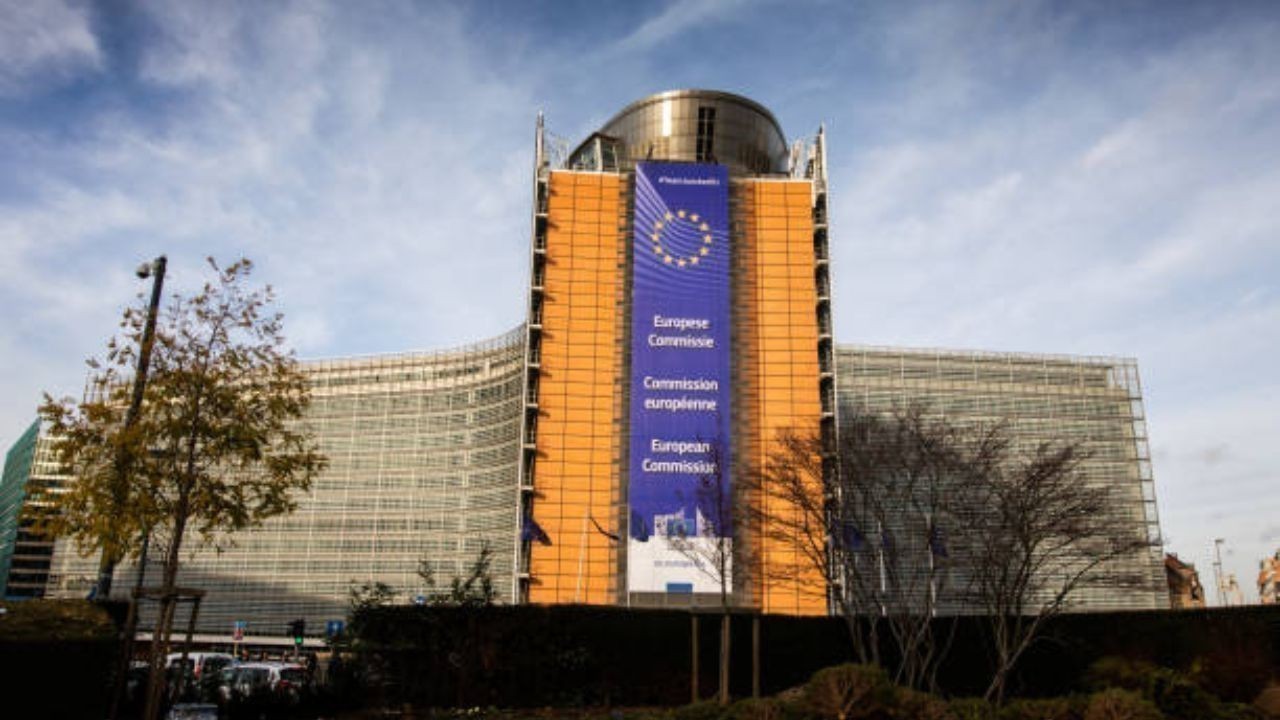
EU Seeks Clarity from US After Supreme Court IEEPA Ruling
European Commission urges full transparency from the US on steps after Supreme Court ruling, emphasi
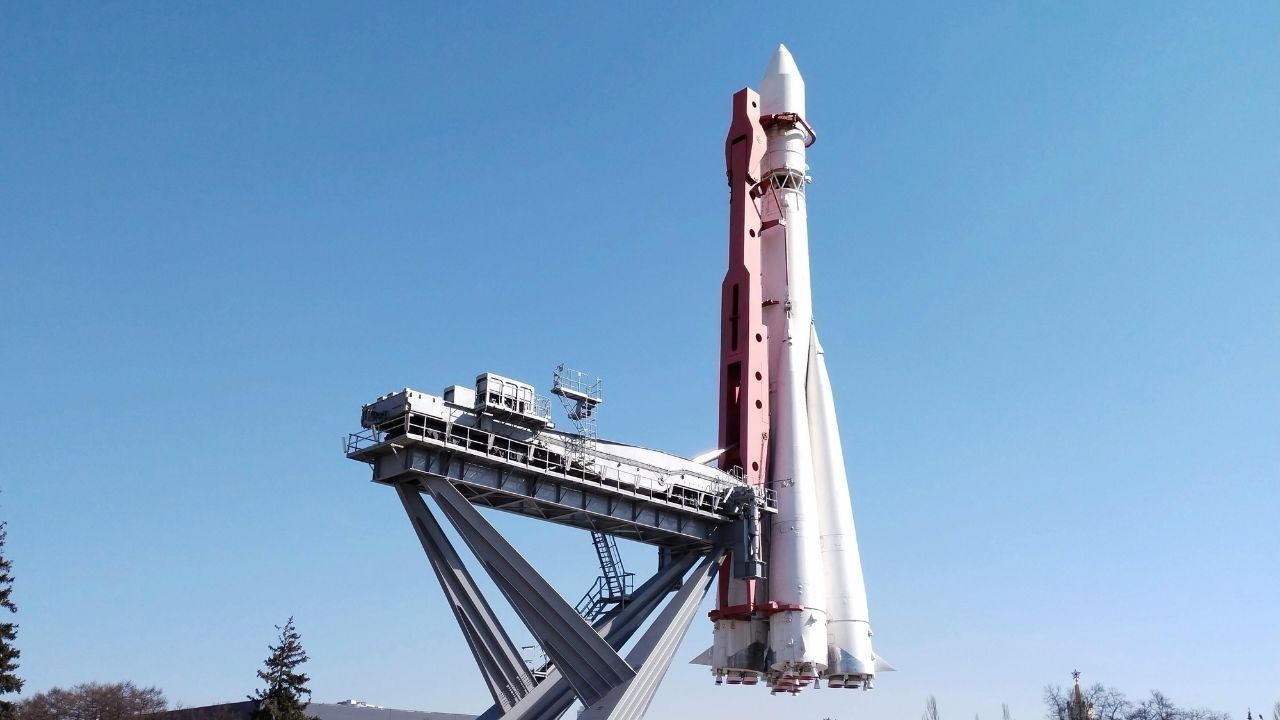
SpaceX Launches 53 New Satellites for Expanding Starlink Network
SpaceX launches 53 Starlink satellites in two Falcon 9 missions, breaking reuse records and expandin
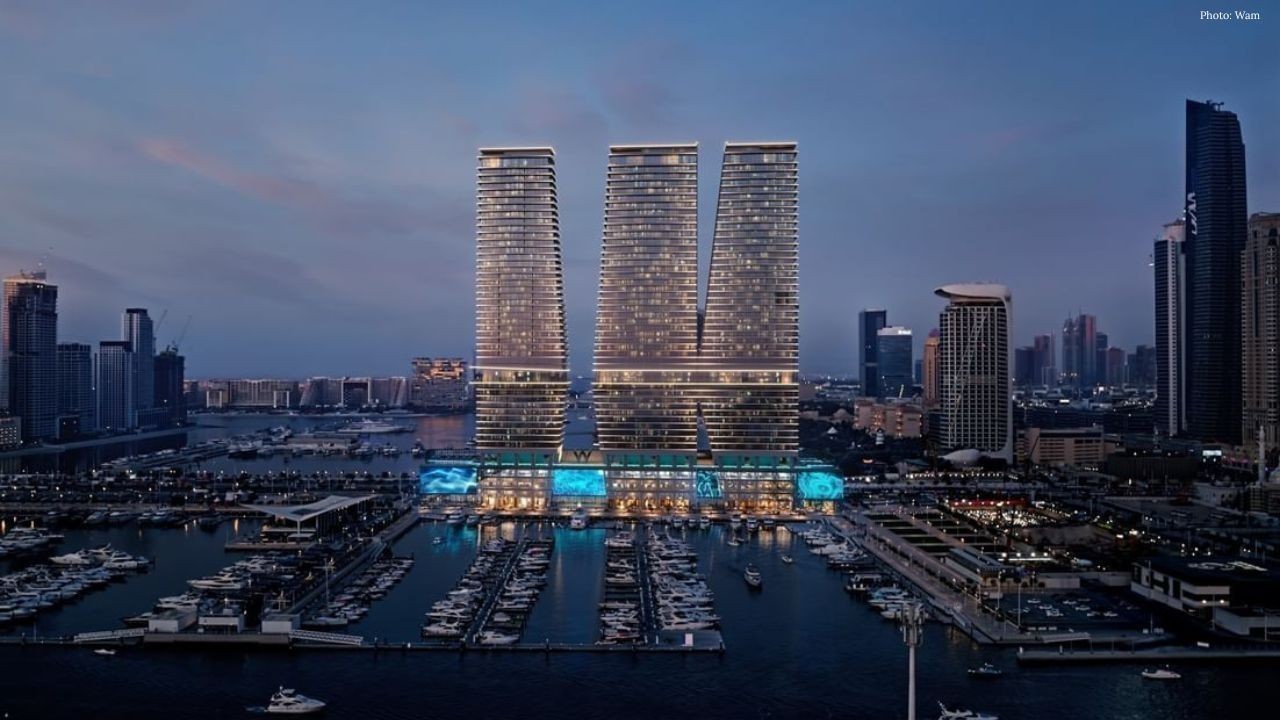
RTA Awards Contract for Phase II of Hessa Street Upgrade in Dubai
Phase II of Hessa Street Development to add bridges, tunnel, and upgraded intersections, doubling ca

UAE Gold Prices Today, Monday 16 February 2026: Dubai & Abu Dhabi Updated Rates
Gold prices in UAE on 16 Feb 2026 updated: 24K around AED 599.75/gm, 22K AED 555.25/gm, and 18K AED

Over 25 Ahmedabad Schools Receive Bomb Threat Email, Authorities Investigate
More than 25 schools in Ahmedabad evacuated after bomb threat emails mentioning Khalistan. Authoriti